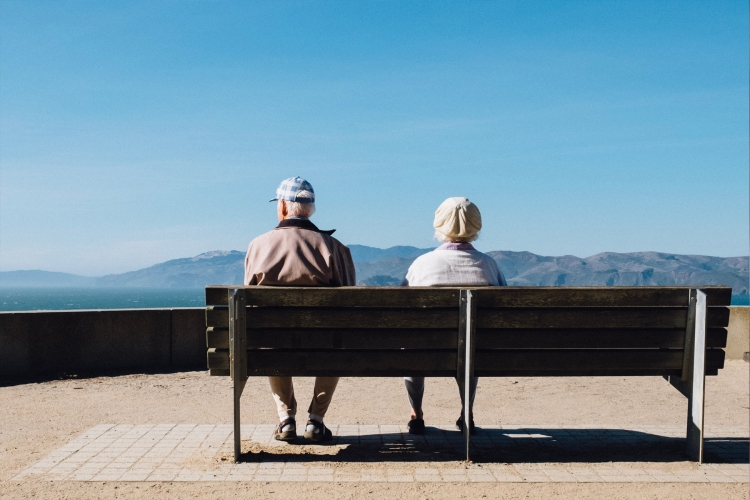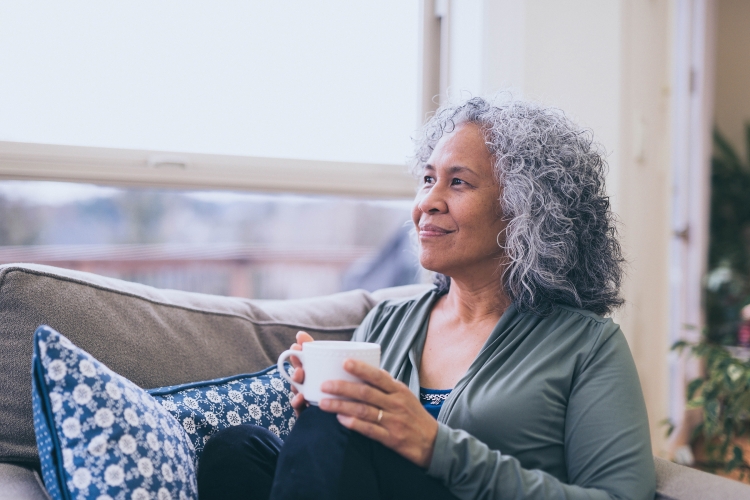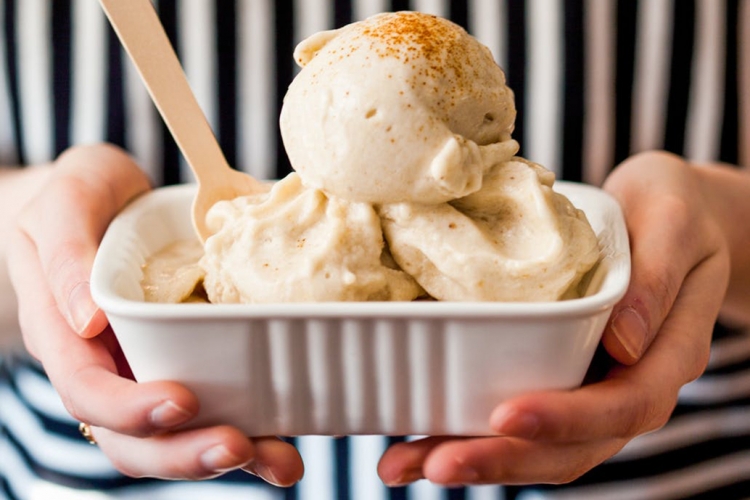Can You Prevent Cancer?
Cancer is not totally outside your control. Although genetic factors may cause cancer, inherited genes are responsible for a fraction of cancers. This means that through lifestyle and environmental strategies, you can considerably reduce your risk of developing cancer.
Cancer is increasingly common these days.
The American Cancer Society estimates that one half of US men and
one third of US women will develop cancer. It’s the second
leading cause of death and impacts about 1.6 million people in
the U.S. annually.
What is cancer, anyway?
Cancer is a disease in which cells with abnormal DNA multiply out
of control and invade bodily tissue.
Cancer’s spread.
The reproduction of cancerous cells most often leads to the
formation of tumors in a single area, but sometime the cells will
circulate through the bloodstream or lymphatic system and grow in
other parts of the body. With time, cancerous tumors replace
healthy tissue and disrupt or destroy the normal functioning of
bodily organs.
Cancer’s causes.
Although a person’s abnormal DNA may be inherited, up to 95% of
all cancers are caused by lifestyle or environmental factors (see
chart at right). And therein lies the good news: you might be
able to prevent cancer by simply making the right lifestyle
choices! (Anand et
al. 2008, 2097)
Things you can do to lower cancer risk
Behavior
Cease smoking and enjoy a 33% reduction in cancer risk
Join a team, dance, swim, move. Being physical helps keep your weight down and increases your happiness, another factor in cancer prevention.
Get sun in spring and summer. Getting the sun’s UVB rays on your skin for 10-30 minutes per day (less for lighter, more for darker skin) in spring and summer without sunscreen will allow your body to make Vitamin D3, which regulates cells in a way that prevents cancer. (UVB rays don’t reach higher latitudes like Alameda County in winter.) Taking a vitamin D supplement may be a good alternative.
But totally avoid sunburn. A handful of serious sunburns can double your risk of skin cancer.
Diet
Eat more plants, and buy fresh. More than 25,000 phytochemicals, which may protect against cancer, have been identified in fruits and vegetables. Recently harvested food has the most. Get it at your local farmer’s market or Community Supported Agriculture (CSA) group. Find one at www.localharvest.org.
Consume fresh foods. Avoid processed foods, which often contain nitrites, nitrates, and other carcinogens.
Drink coffee. Many studies have shown coffee to reduce risk of oral, esophageal, and liver cancer.
Avoid sugar and sugary drinks. Refined sugars increase cancer risk.
Don’t heat food in plastic. Chemicals in plastic can leach into your food, including carcinogens BPA and vinyl chloride. Avoid canned foods that don’t have a “BPA Free Lining” for the same reason.
List of Cancer-Preventing Foods
- Fruits and vegetables
- Blueberries especially
- Cruciferous vegetables
- Cauliflower
- Cabbage
- Cress
- Bok Choy
- Broccoli
- Green tea
- Turmeric
- Oily fish (fresh, frozen, or jarred; not canned)
- Wild Pacific salmon (U.S., Canada)
- Herring
- Rainbow Trout
- Mackerel
- Anchovies
- Ground flax seeds
- Dark chocolate
- Pomegranate juice
- Tomato sauce
IMPORTANT
If you’ve already been diagnosed with cancer, definitely check with your doctor before making changes to your diet as some cancer-preventing foods may increase cancer once it’s established.




